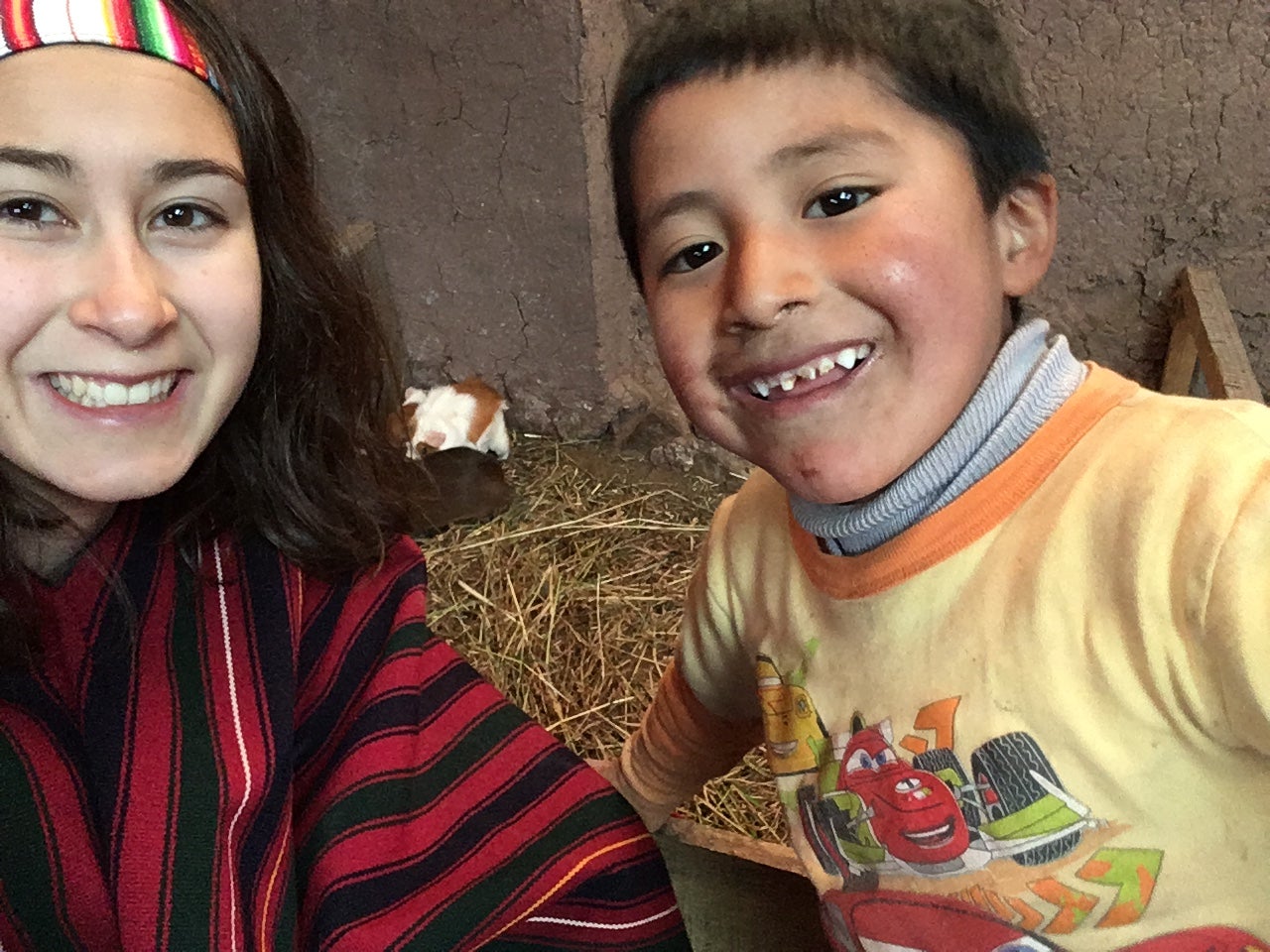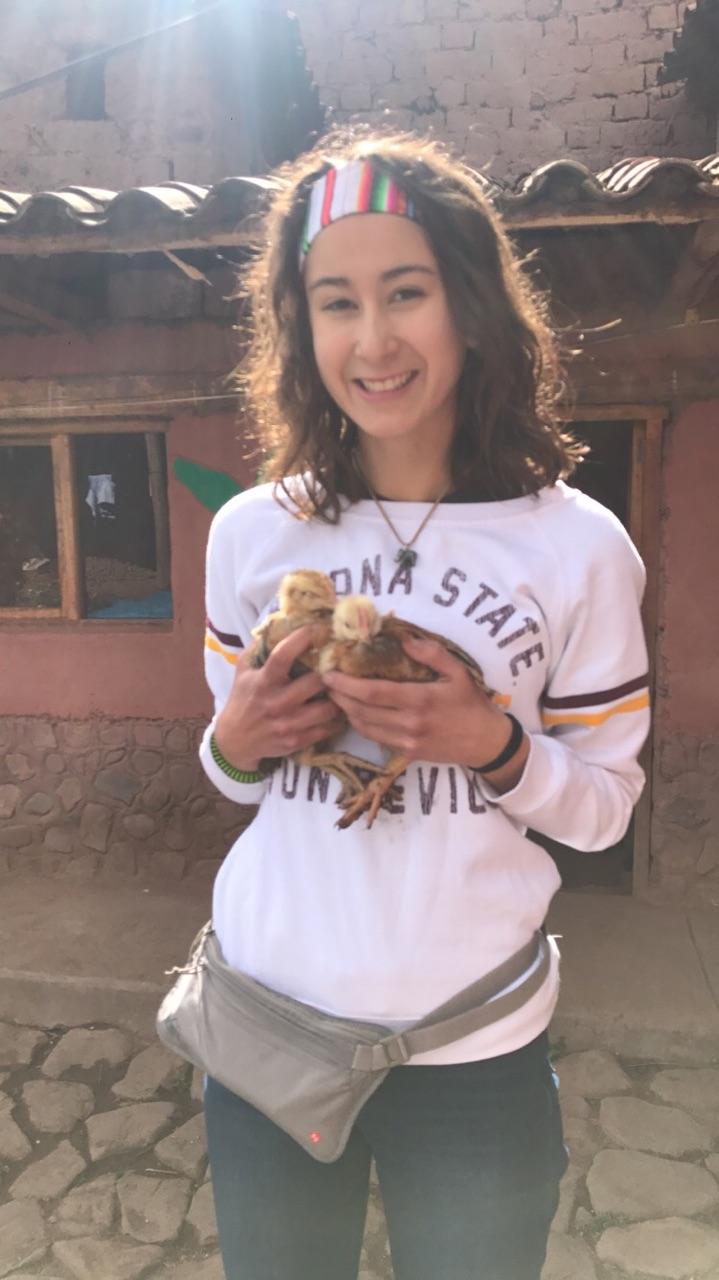The Health Care Literacy Primer - Week 4
Working in the Umbasbama village was perhaps the most rewarding part of the study abroad experience.

I was overjoyed to bond with the indigenous peoples through the house mural projects, the mud stoves, dancing around bonfires, and the Spanish language. At one point, five different mothers wanted me to paint them self portraits in their kitchens (I was honored that they thought so highly of my first portrait!).
Unfortunately, I caught a stomach bug during the three day stay in the village. While it was uncomfortable to have gastrointestinal problems so far away from home, I was well taken care of by a plethora of eager to please mommas.
They covered me in ponchos and woolen llama blankets and placed hot pads around my ankles. Additionally, they grinded Eucalyptus leaves for me to inhale to clear up my sinuses, had me drink muna (mint) tea to help with my gastrointestinal symptoms, and rubbed leaves over my abdomen for...unknown benefits?...I’m still not sure what health practice this was based off of!
Regardless, I learned a lot from my first hand experience with non-traditional medicine, and I feel that I’m more accepting of these natural practices.
As a future care provider, this is important for patient autonomy, distributive justice, fidelity, beneficence, and nonmaleficence. No matter the background of my future patients, I intend to provide quality care by respecting culture specific health solutions as best I can.
There are many definitions of proper health. For many it outlines the absence of illness alone, but I’ve come to realize that health accounts for physical, mental, and spiritual health.
This more holistic approach prevents the onset of disease to a greater degree than the allopathic approach to health, and because of this realization, I’ve decided to tailor my future practice to holistic medicine.

--
Alana Herman, Edson College's Study Abroad Blogger shares the final week of her time in Peru and reflects on her experiences.